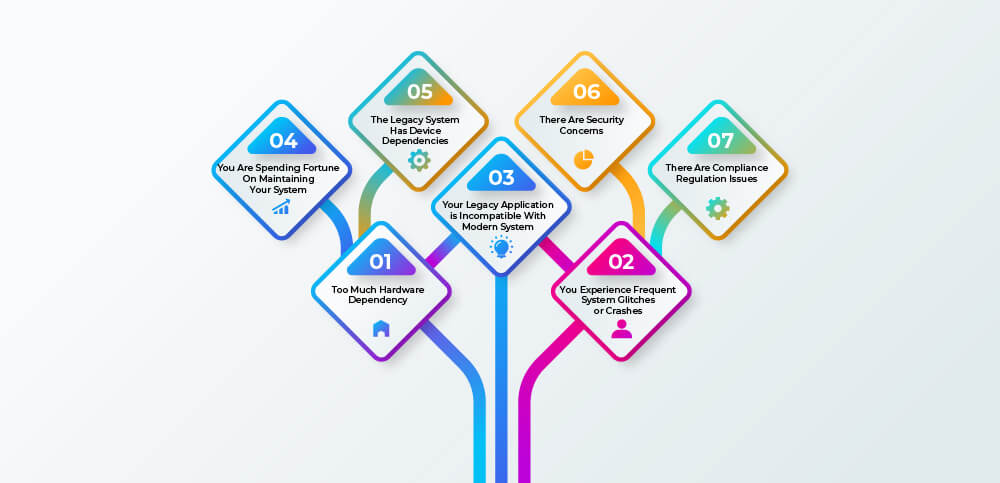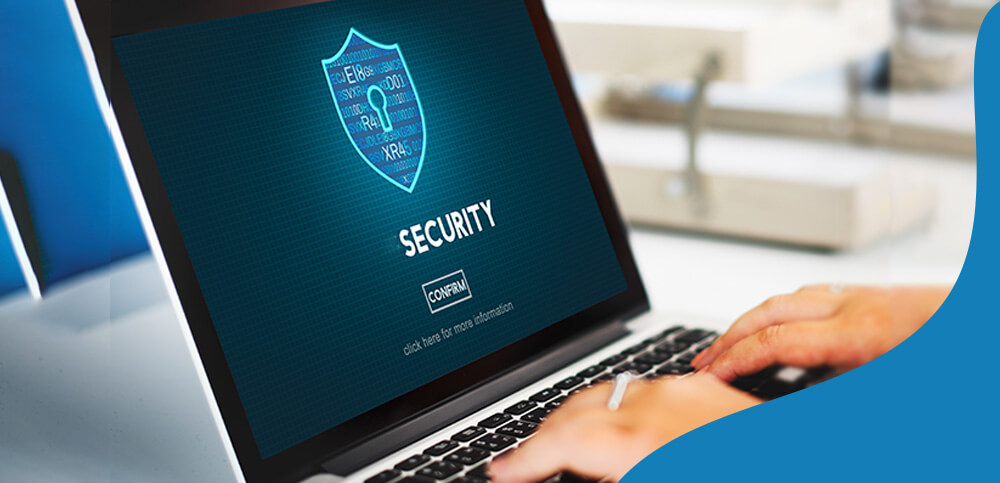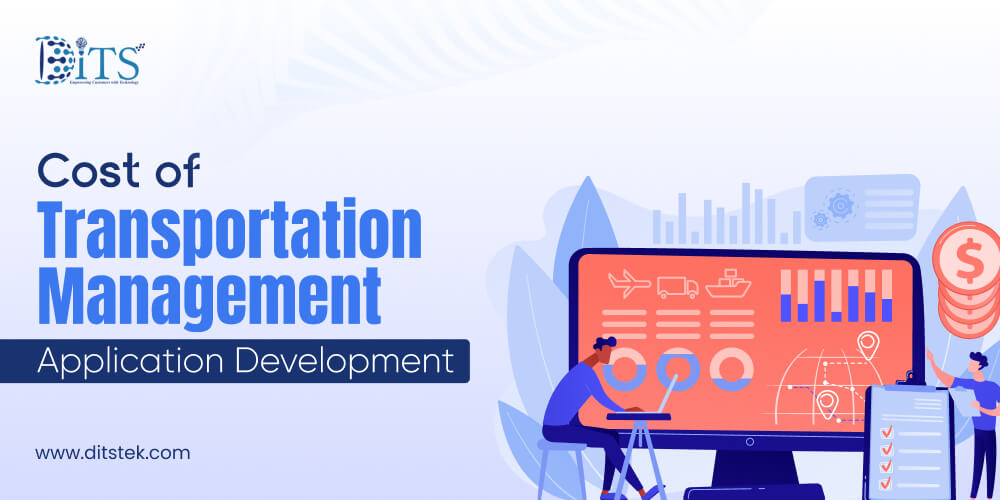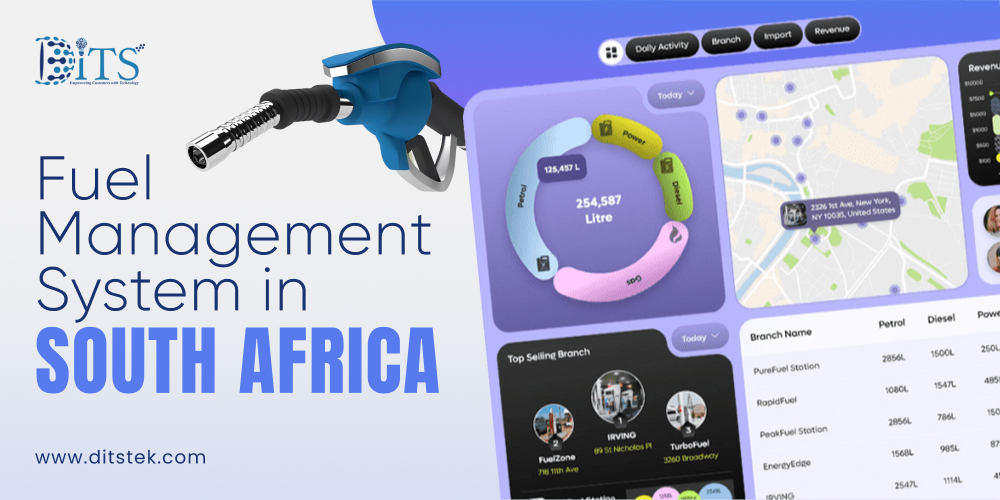Top 7 Signs That Your Legacy System Needs Modernization
Table Of Content
Published Date :
12 Jan 2024
Most well-established companies have legacy applications supporting their critical workflow operations. But, sooner or later, legacy systems become a double-edged sword for their business. While legacy applications might have served a business well, retaining outdated technology can hinder overall growth, increase security risks, and affect a business’s ability to keep up with the evolving market trends and surpass its competition.
These applications are not only hard to update, but they are also costly to maintain. Further, replacing legacy applications with newer ones is also tough and expensive. This makes it difficult to decide whether to go for legacy application modernization or not.
Don’t worry! Here we have compiled top signs that indicate it’s time to consider legacy system modernization.
Signs That Your Legacy System Needs Modernization

Legacy or old applications may create performance issues or system failures, creating a threat to the business’s overall growth. If your applications are not providing business value or don’t fulfill expectations, it’s time to consider an upgrade. By recognizing the following signs for legacy application modernization or upgradation, you can minimize risks, enhance security, improve the system’s performance, and align your tech infrastructure with your business’s evolving requirements.
So, below are the telltale signs to modernize your legacy system-
Too Much Hardware Dependency
Traditionally, businesses relied heavily on on-premise servers to store their data and software, offering a sense of security because physical assets are within the four walls of the office. Now, maintaining and owning such systems comes with significant administrative costs. On the other hand, opting for cloud services eliminates the need for owning servers to run your applications.
Businesses are increasingly looking at the cloud as a feasible platform for running their business applications. When you host your applications in the cloud, your service provider takes care of keeping your systems up-to-date. Choosing a reliable provider ensures you won't need to worry about any kind of service interruption.
You Experience Frequent System Glitches or Crashes
In the current digital landscape, optimal online performance is the key to a business’s success. However, relying on outdated legacy software leads to unexpected lags, glitches, and crashes, hindering your ability to operate efficiently. In addition, legacy software often lacks modern interfaces and community support, leaving it obsolete.
To address these challenges, you can implement comprehensive software quality management and testing processes. This enables an easy modernization of legacy systems, enhancing operational efficiency and performance. Besides, optimizing server performance can be achieved via techniques like virtualization, website caching, or hardware upgrades.
Your Legacy Application is Incompatible With Modern System
No matter how old your software is, it must work well with other critical applications in order to operate your business workflow effectively. Be it a new software feature, an add-on on your website, or a new CRM software, you can’t ignore your system’s compatibility issues.
Thus, if you are unable to leverage advanced tech or you are stuck with an outdated system, probably your competitors might have integrated new features or tools. If your current system is not compatible with other apps, consider an upgrade or modernization, or you will likely miss out on your customers.
You Are Spending Fortune On Maintaining Your System
Generally, legacy systems don’t have centralized data processing. And, upgrading the databases requires you to spend a lot of money. Apart from upgrade costs, other costs related to legacy systems include technical debt, frequent downtimes, licensing, etc. Then there are hidden costs while using the legacy systems.
As the legacy systems age, it becomes difficult to find experts to maintain them. If you are lucky enough to find tech experts to keep your legacy system working, you will likely pay a hefty amount. As time passes, the lack of service staff may lead to system failures.
The Legacy System Has Device Dependencies
Does your software work best with desktops only? If yes, you are at risk of falling behind your competitors in terms of both performance and profit. You can upgrade or modernize your legacy software by augmenting some additional features and functionalities. However, legacy systems need custom code in order to run with new devices. Thus, you must consider potential integration issues.
There Are Security Concerns

One of the most important reasons to consider modernizing a legacy application is that the outdated system is prone to security threats. What was acceptable to keep the system secure when it was created may no longer solve the problem. Since outdated or obsolete systems can’t compete with modern systems when it comes to cyberattacks or data breaches, it is critical to invest in reliable legacy app modernization services.
There Are Compliance Regulation Issues
If your industry is subject to strict regulatory requirements, like healthcare, fintech, etc., your existing legacy system may struggle to meet them. Further, due to a lack of investment and support, it is less likely that the internal code base meets the latest regulations. A small mistake may push you into judicial trouble and harm your business’s reputation.
Thus, if your legacy software is non-compliant with the industry standards, it is wise to consider legacy application modernization.
Also Read: Benefits of Legacy Application Modernization
Conclusion
Modernizing legacy applications ensures better performance, profit, and overall functionality. While legacy system updation can be expensive, you can do it smoothly with the right modernization strategy.
Ditstek Innovations can help you implement a well-thought legacy system modernization strategy that is aligned with your business objectives. We have a proven expertise in application modernization and we combine vast industry experience with technical skills to help you achieve your legacy app modernization goals faster.
Connect with us today to discuss the ideal legacy system modernization strategy for your business!

Dinesh Thakur
21+ years of IT software development experience in different domains like Business Automation, Healthcare, Retail, Workflow automation, Transportation and logistics, Compliance, Risk Mitigation, POS, etc. Hands-on experience in dealing with overseas clients and providing them with an apt solution to their business needs.
Recent Posts

The cost to develop a Transportation Management System (TMS) varies widely, from basic apps at $4,000 - $40,000 for an MVP, to complex, enterprise-level platforms costing $100,000 - $800,000+.

Looking for a Fuel Management System in South Africa? DITS delivers smart, secure fuel monitoring solutions to reduce theft, track usage, and cut costs.

Read our blog explaining the cost breakdown of EHR Breakdown. Learn all about the initial, recurring, and long-term costs, estimated budgets and more!
